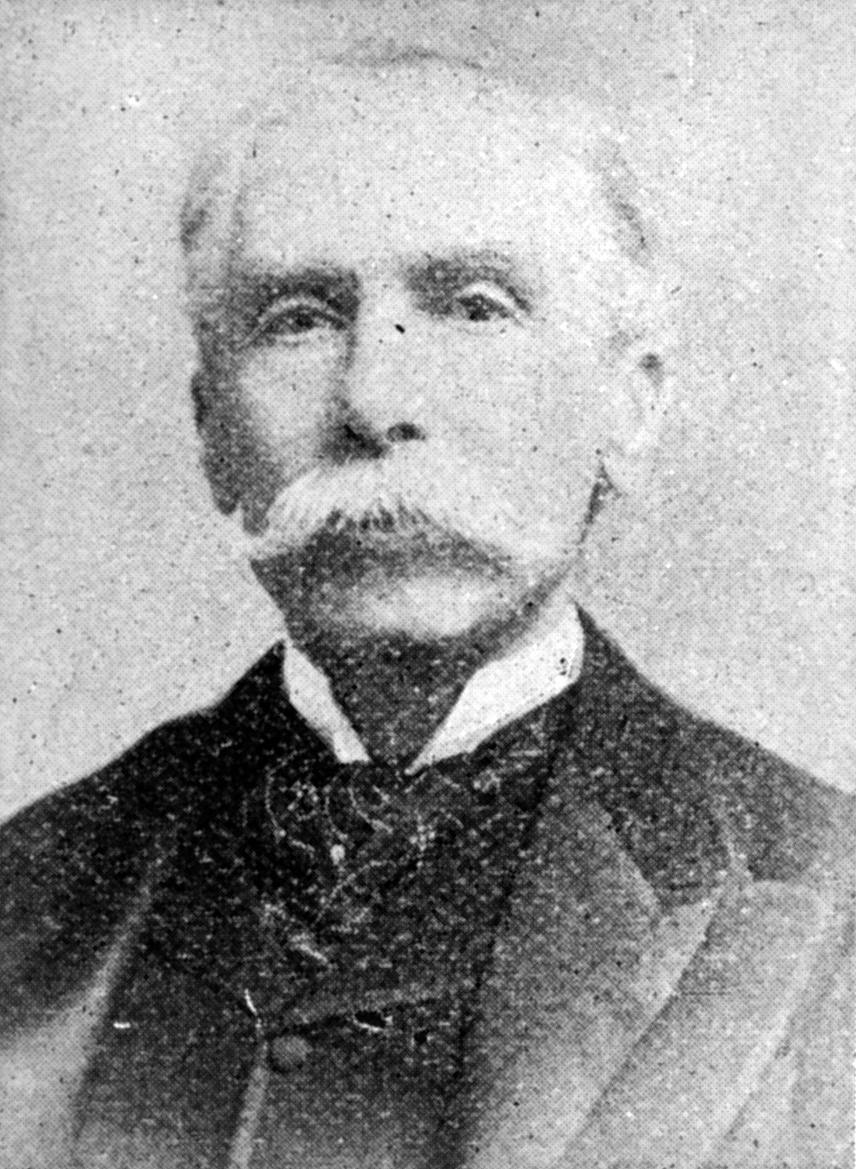Alfred Austin war ein britischer Schriftsteller.
Austin war der Sohn des Kaufmanns Joseph Austin und dessen Ehefrau, einer Schwester des Bauingenieurs John Locke. Er absolvierte einen Teil seiner Schulzeit am Stonyhurst College und teilweise auf dem Kontinent. Er studierte Rechtswissenschaften an der University of London und schloss dieses Studium 1853 mit einer Promotion ab. Ein Jahr später wurde er London als Barrister zugelassen.
In die Literatur hatte sich Austin schon 1854 anonym durch das Gedicht Roland, das lebhafte Sympathie für Polen ausdrückte, eingeführt. Sein erstes bedeutendes Werk war The season, a satire , eine Verspottung der fashionabeln Saison Londons, das bedeutende satirische Kraft bewies, von der rigoristischen Presse aber mit Unwillen aufgenommen wurde, worauf Alfred Austin alsbald mit dem Pamphlet My satire and its censors antwortete.
Nachdem er 1861 seine Advokatur aufgegeben hatte, um sich ganz der Poesie zu widmen, gab er 1862 das Gedicht The human Tragedy heraus, das 1874 in völliger Neubearbeitung erschien.
Daneben hat Alfred Austin eine Menge literarischer Essays verfasst, deren hauptsächlichstes in dem lesenswerten, doch nicht unparteiischen Werk The poetry of the period gesammelt erschienen. Als Berichterstatter der Zeitung Standard war er während des vatikanischen Konzils in Rom und 1870/71 für die Dauer des Deutsch-Französischen Kriegs im Hauptquartier des Königs von Preußen. Für die konservative Partei von jeher sehr tätig, war Alfred Austin namentlich während des letzten Orientkriegs ein lebhafter Verteidiger der Politik Disraelis.
✵
30. Mai 1835 – 2. Juni 1913
